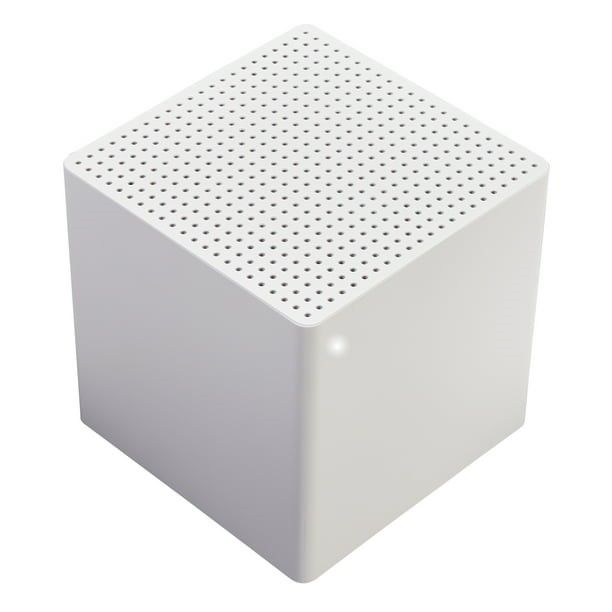There are several types of Internet service:
Fiber Optic
Fiber-optic internet service consist of hundreds of small strands of glass or plastic cables, each about the size of a single human hair. Fiber Internet transmits data using pulses of light that travel across the fiber cables at speeds approaching the speed of light. Example of Fiber-optic internet service include AT&T’s U-Verse and Google Fiber. Fiber-optic internet is very fast, up to 1,000 Mbps, reliable, private and safe.
Fiber-optic Internet may not be available in all locations, as providers must build their own network rather than relying on phone lines. In these areas, the other internet services listed below may be the better option.
Cable (Broadband)
With a broadband cable connection, cable modems link to the Internet through the cable TV line, although it may not be necessary to have a cable TV subscription. Many cable companies now offer bundled packages that include Internet, phone, and cable TV service.
Broadband cable like fiber-optic is an always on internet connection. It uses coaxial cable connections – the same as cable TV – so its speed is normally acceptable for most internet uses, including video streaming. It is, however, susceptible to network congestion and can slow down during high-usage times.
![68370101[1]](https://heightslibrary.org/wp-content/uploads/2018/09/683701011.png)
Satellite
Two-way satellite broadband connections transmit high-speed information via satellite to a dish receiver at your home.
Satellite broadband is usually higher-priced than other Internet connections, but may be the only fast option for individuals who are beyond the service area of fiber-optic or cable providers.
A rural consumer might benefit the most from satellite broadband access.
Satellite connections may be affected by weather and obstacles such as trees and shrubs. Satellite may not be the best choice for real-time connections such as video conferencing, gaming, and multiple internet using devices.
![77146571[1]](https://heightslibrary.org/wp-content/uploads/2018/09/771465711.png)
Mobile Data (4G/5G)
Wonder what 4G and 5G means? The G is an abbreviation for Generation. Cell phones are 4G (Fourth Generation) or 5G (Fifth Generation.
Both 4G and 5G are wireless connections available for cell phones, computers, laptops, tablet computers and other portable devices. This allows consumers to connect wirelessly with the Internet as long as they are within range of cell service. A consumer must have a contract with a cell service provider in order to take advantage of 4G or 5G service.
5G Home Internet
5G home internet is a relatively new service provided by wireless carriers and is available mostly in urban areas and big cities.
As the name suggests, 5G internet gives you a wireless internet connection from a 5G cellular network. Wireless speeds can be impacted by factors like inclement weather, geographic landmarks, and network congestion. Still, if you live in an area with strong cell service, you can expect 5G home internet to work just as well as the internet you get on your phone.


![Fiber-300x225[1]](https://heightslibrary.org/wp-content/uploads/2018/09/Fiber-300x2251.jpg)
![person-woman-hand-apple-300x200[1]](https://heightslibrary.org/wp-content/uploads/2018/09/person-woman-hand-apple-300x2001.jpg)